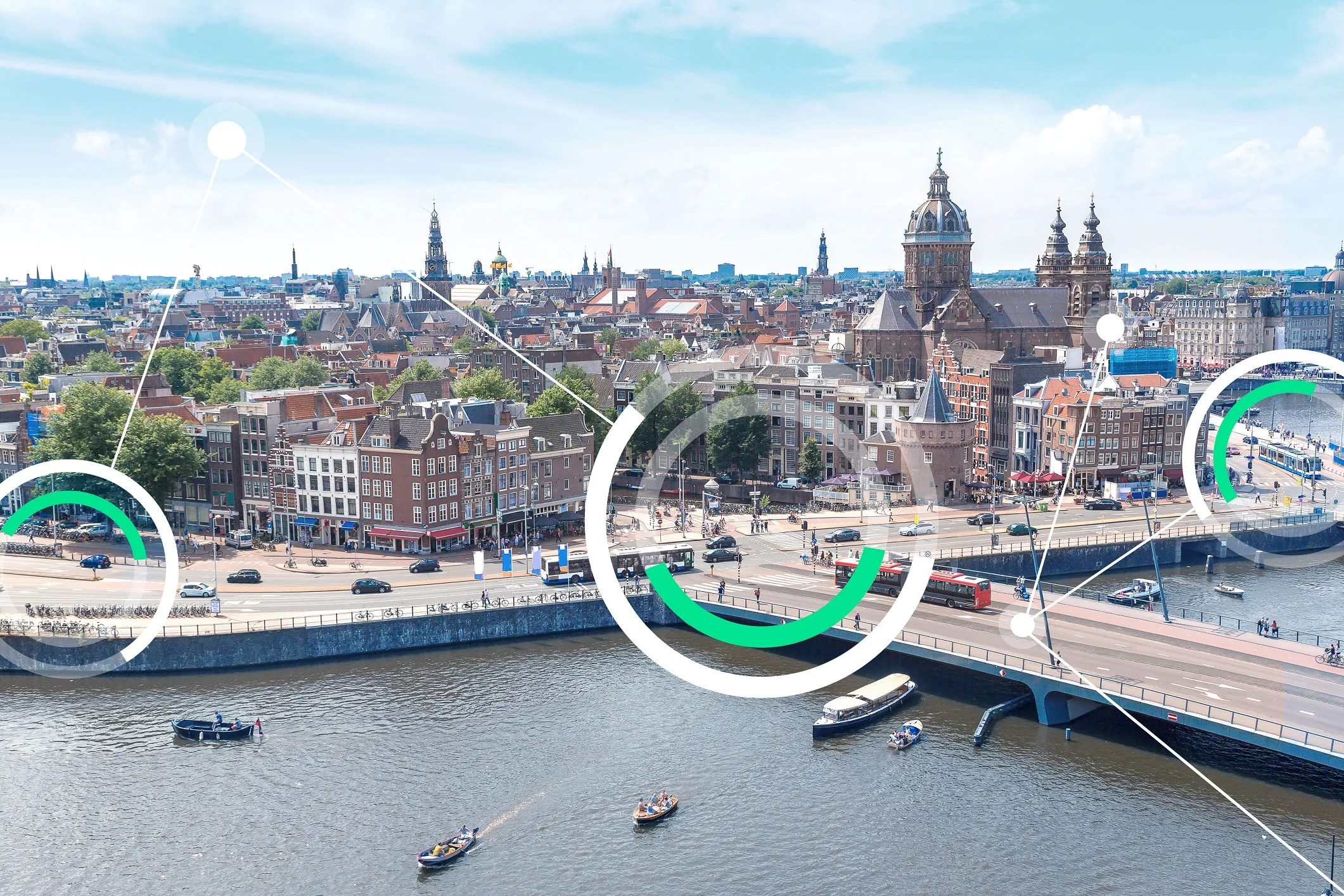Dubai’s Roads and Transport Authority (RTA) has launched a system which it says can reduce search time for parking spaces by up to 30%.
RTA says the smart parking system in the Al Rigga areas of Deira and the World Trade Center along Sheikh Zayed Road (E11) provides real-time information on vacant spaces.
This service allows drivers to identify vacant parking spaces through an electronic guide board.
Maitha Bin Oday, executive director of traffic and roads authority, says: “Ground sensors and digital cameras monitor the use of parking and automatically identify the vacant places, and send this information simultaneously to the central control system.”
It can also carry out analysis of data from the central control system for smart parking to improve control and inspection services and studies of future expansion plans, the authority adds.
Dubai RTA unveils smart system to identify parking spaces
Dubai’s Roads and Transport Authority (RTA) has launched a system which it says can reduce search time for parking spaces by up to 30%.
RTA says the smart parking system in the Al Rigga areas of Deira and the World Trade Center along Sheikh Zayed Road (E11) provides real-time information on vacant spaces.
This service allows drivers to identify vacant parking spaces through an electronic guide board.
Maitha Bin Oday, executive director of traffic and roads authority, says: “Ground sensors and digital
May 14, 2019
Read time: 1 min










